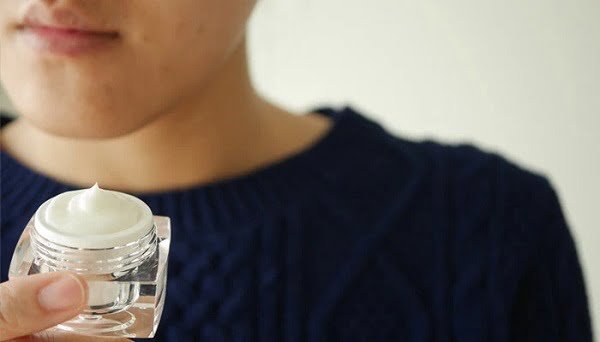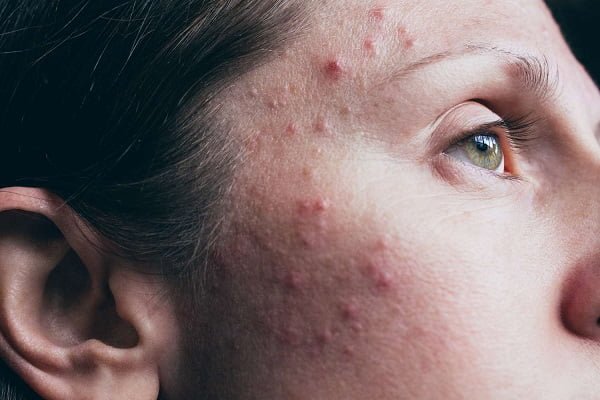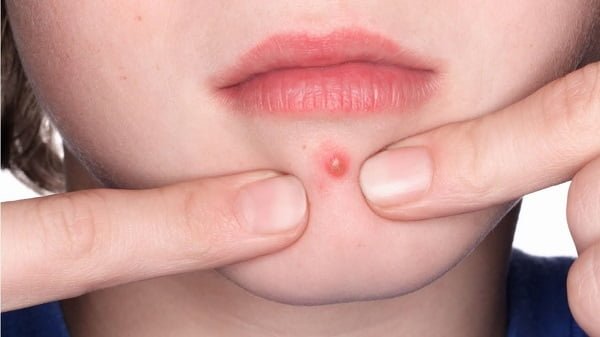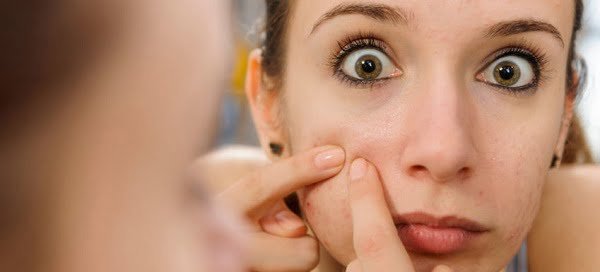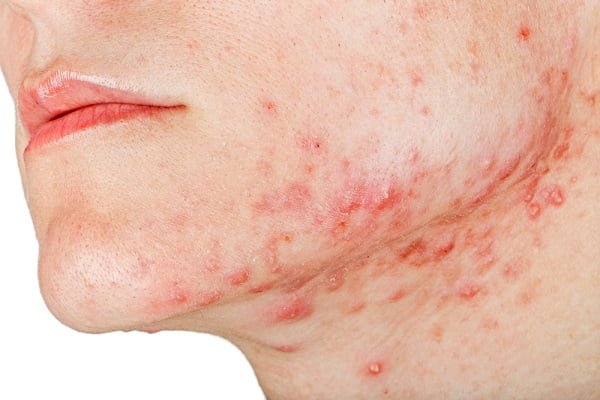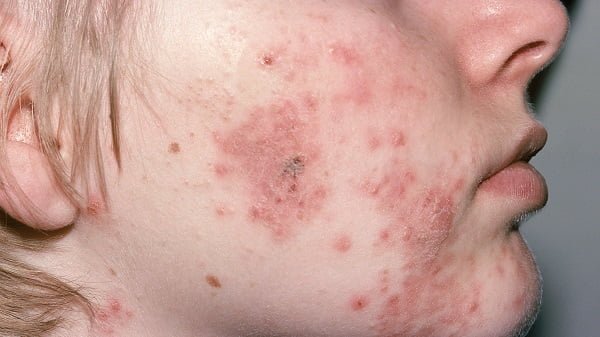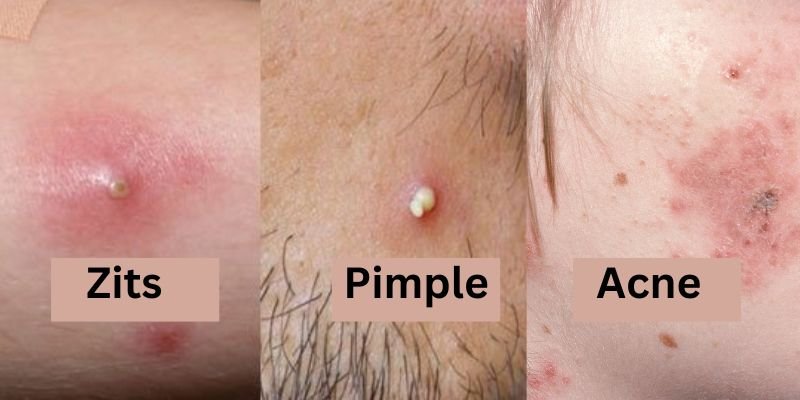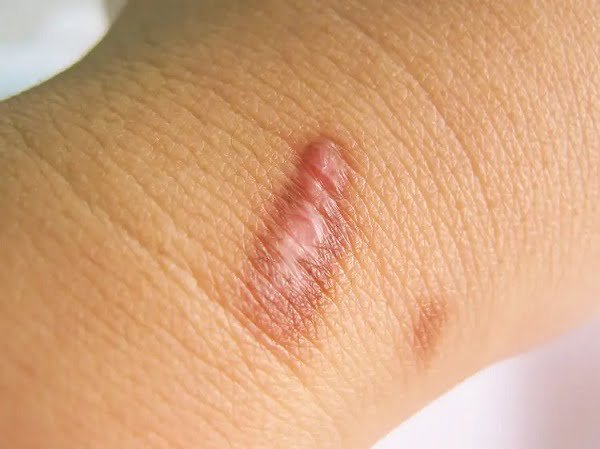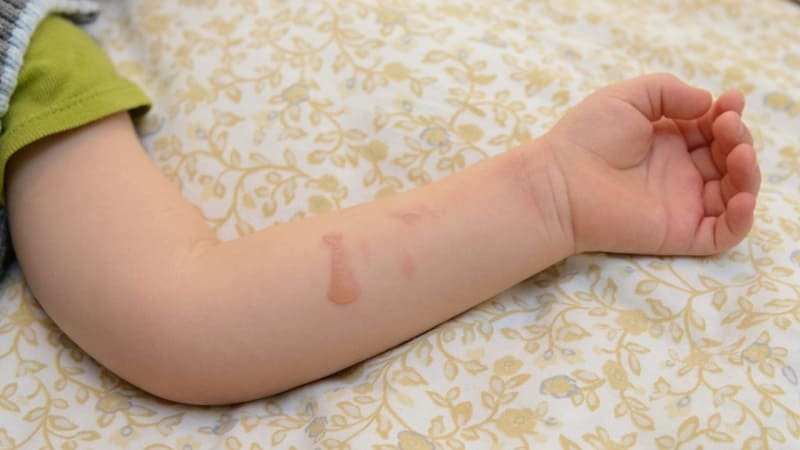Introduction
Moisturizing is a fundamental step in skincare routines, but for those battling acne, there’s often a lingering concern: does moisturizer make acne worse? In this comprehensive guide, we delve into the relationship between moisturizer and acne, dispelling myths, exploring facts, and empowering you with insights to make informed decisions about your skincare regimen.
Understanding Acne and Moisturizers
Acne, a common skin condition characterized by clogged pores, inflammation, and breakouts, often prompts individuals to scrutinize every product that touches their skin. Moisturizers, designed to hydrate and nourish the skin, are no exception. The fear that moisturizers may exacerbate acne stems from the belief that they can clog pores, leading to more breakouts. But is this fear justified? Additionally, we’ll explore emerging solutions such as pimple patches and their effectiveness in addressing specific types of acne
Do Moisturizers Really Make Acne Worse?
The answer isn’t a simple yes or no. While some moisturizers may contain ingredients that could potentially worsen cystic acne, not all moisturizers are created equal. Understanding the factors that contribute to acne exacerbation by moisturizers can help navigate this complex relationship.
Comedogenic Ingredients: Certain moisturizers contain comedogenic ingredients that have a higher likelihood of clogging pores and exacerbating acne. These ingredients, such as certain oils and waxes, can create a barrier on the skin’s surface, trapping oil, bacteria, and debris, leading to breakouts.
Heavy or Occlusive Formulations: Thick, heavy, or occlusive moisturizers may suffocate the skin, especially for those with oily or acne-prone skin. These formulations can potentially worsen acne by trapping excess oil and impurities, leading to congestion and breakouts.
Incompatible Ingredients: Using moisturizers with ingredients that clash with your skin type or existing skincare products can exacerbate acne. For example, combining moisturizers containing oils with acne treatments like benzoyl peroxide or salicylic acid may counteract their efficacy or increase irritation.
Over-Moisturizing: Over-moisturizing, or using too much moisturizer, can create a barrier on the skin’s surface, preventing it from breathing and potentially exacerbating acne. It’s essential to use moisturizers sparingly and choose lightweight, non-comedogenic formulations.
Finding the Right Moisturizer for Acne-Prone Skin:
Despite the potential pitfalls, moisturizers play a crucial role in maintaining skin health, even for those with acne-prone skin. It controls Spread of acne. The key lies in choosing the right moisturizer tailored to your skin’s specific needs.
Look for Non-Comedogenic Formulations: Opt for moisturizers labeled as non-comedogenic, meaning they’re formulated to avoid clogging pores and exacerbating acne. These formulations are typically lighter in texture and less likely to contribute to breakouts.
Consider Oil-Free or Gel-Based Options: Oil-free or gel-based moisturizers are excellent choices for acne-prone skin, as they provide hydration without adding excess oil to the skin. These lightweight formulations absorb quickly and won’t leave a greasy residue.
Seek Moisturizers with Acne-Friendly Ingredients: Look for moisturizers containing acne-friendly ingredients such as hyaluronic acid, niacinamide, or ceramides. These ingredients help hydrate and soothe the skin without aggravating acne.
Patch Test New Products: Before incorporating a new moisturizer into your skincare routine, perform a patch test to ensure it doesn’t cause irritation or breakouts. Apply a small amount of the product to a discreet area of the skin and monitor for any adverse reactions over 24-48 hours.
Conclusion:
In conclusion, the question of whether moisturizer makes acne worse is nuanced and multifaceted. While certain moisturizers may exacerbate acne due to comedogenic ingredients or heavy formulations, choosing the right moisturizer tailored to your skin’s needs can help maintain hydration without worsening breakouts. By understanding the potential pitfalls and selecting appropriate products, you can strike a balance between nourishing your skin and managing acne effectively. Why Am I Getting Cystic Acne All Of A Sudden? Remember to consult with a dermatologist for personalized recommendations if you’re unsure about which moisturizer is best suited for your skin type and concerns.
Faq related to "Does Moisturizer make acne worse"
While not all moisturizers are created equal, some formulations may contain ingredients that have the potential to exacerbate acne. Understanding the factors that contribute to acne exacerbation by moisturizers can help in selecting the right product for your skin type.
Comedogenic ingredients are substances that have a higher likelihood of clogging pores, leading to acne breakouts. These ingredients, such as certain oils and waxes, can create a barrier on the skin’s surface, trapping oil, bacteria, and debris, which may worsen acne.
Look for moisturizers labeled as non-comedogenic, as they are formulated to avoid clogging pores and exacerbating acne. Additionally, you can check the ingredient list for comedogenic ingredients and choose products with lighter textures.
Yes, thick, heavy, or occlusive moisturizers can potentially worsen acne by suffocating the skin and trapping excess oil and impurities. Lightweight formulations are generally preferred for acne-prone skin to avoid pore congestion and breakouts.
Opt for oil-free or gel-based moisturizers that provide hydration without adding excess oil to the skin. Look for ingredients like hyaluronic acid, niacinamide, or ceramides, which hydrate and soothe the skin without aggravating acne.
To prevent moisturizer from exacerbating acne, choose non-comedogenic formulations, avoid heavy or occlusive textures, patch test new products before use, and ensure compatibility with other skincare products in your routine.
Yes, over-moisturizing or using too much moisturizer can create a barrier on the skin’s surface, preventing it from breathing and potentially exacerbating acne. It’s essential to use moisturizers sparingly and only as needed.
No, moisturizer plays a crucial role in maintaining skin health, even for those with acne-prone skin. Skipping moisturizer can lead to dryness, irritation, and potentially worsen acne. Instead, opt for lightweight, non-comedogenic formulations tailored to your skin’s needs.
Some moisturizers with SPF may contain ingredients that could potentially clog pores and exacerbate acne. Look for oil-free or non-comedogenic sunscreen formulations specifically designed for acne-prone skin to minimize the risk of breakouts.

